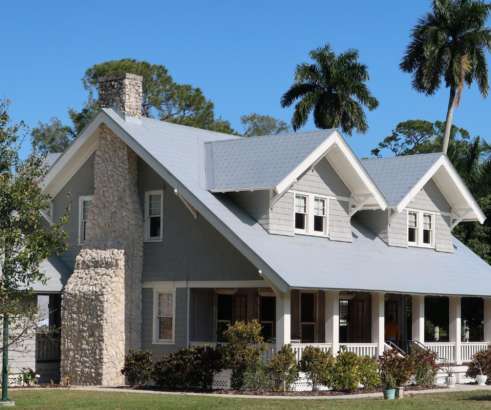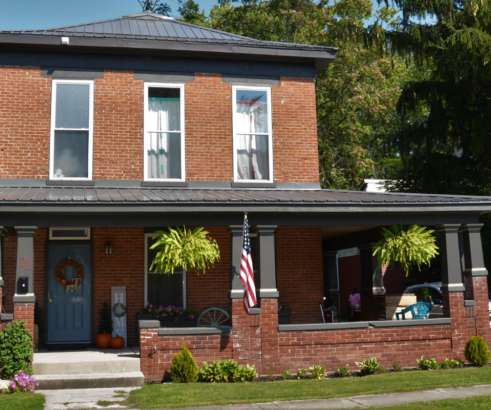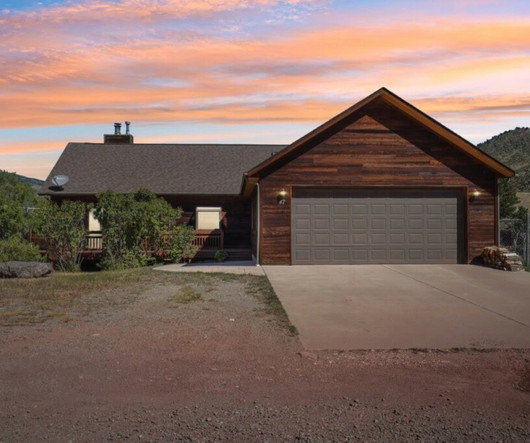13 Steps to Buying a Bank-Owned Foreclosure
HomeLight
SEPTEMBER 1, 2020
If that’s you, you may have heard that one path to a deal is buying a bank-owned foreclosure. There are pros and cons to consider when going this route, however, such as the fact that bank-owned properties often need more TLC than other homes on the market, and many are sold as-is. What’s a bank-owned foreclosure?














Let's personalize your content